Community Service Board
Pursuant to OCGA 37-2-6, River Edge Behavioral Health is governed by a board of dedicated community residents appointed by their respective county commissions.
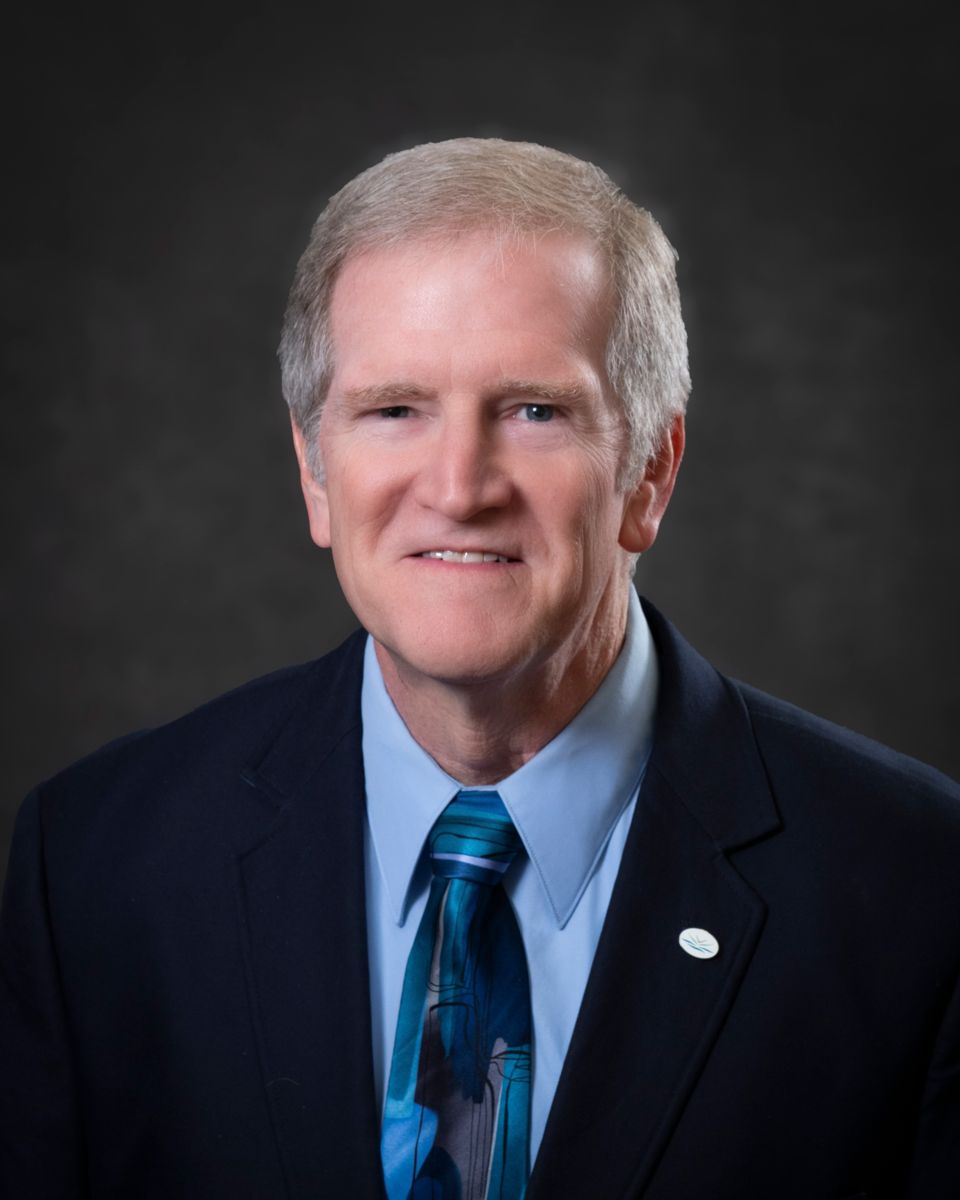
Dr. Steven E. Corkery
Chair, Member-At-Large
Macon-Bibb County
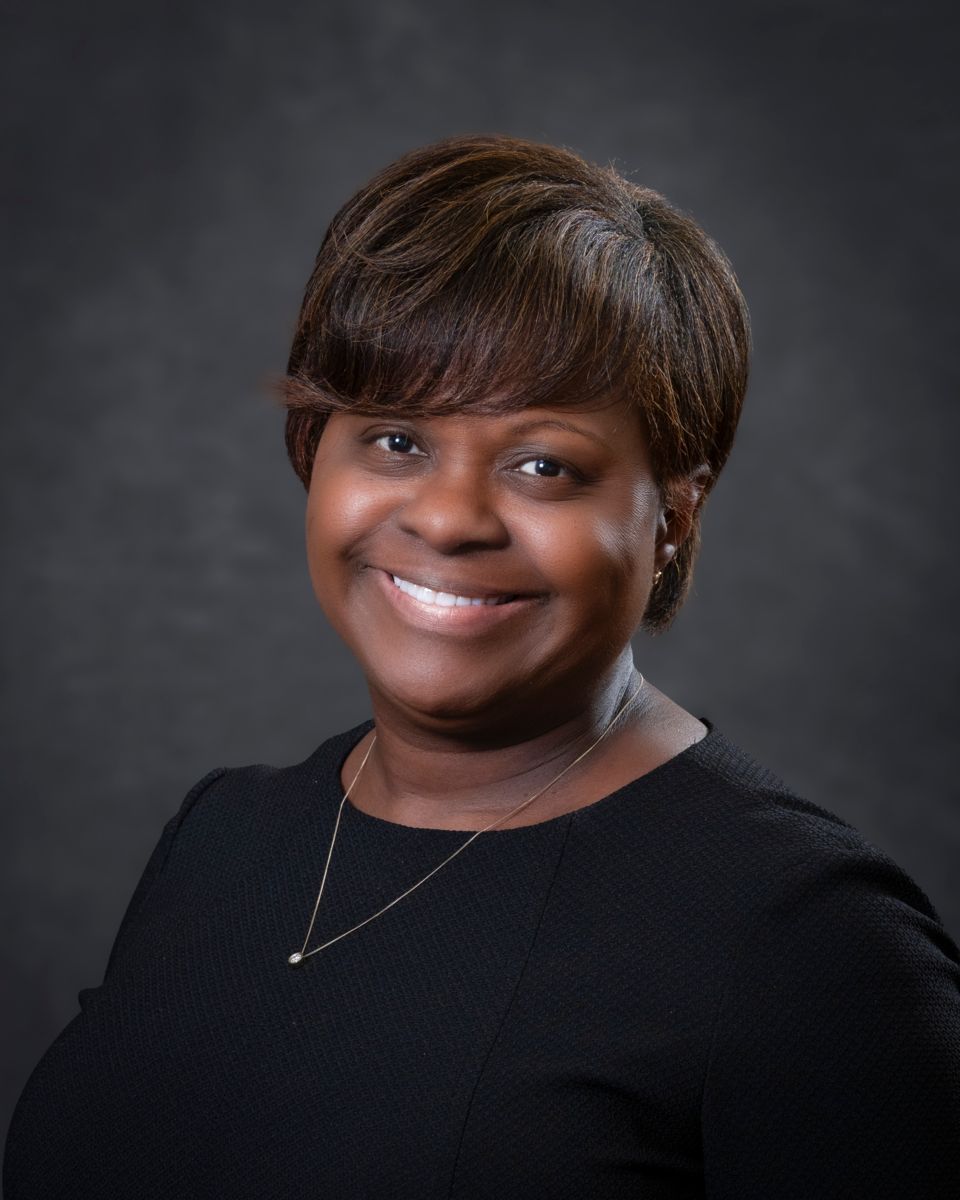
Monica A. Swayne, LCSW
Vice-Chair
Macon-Bibb County
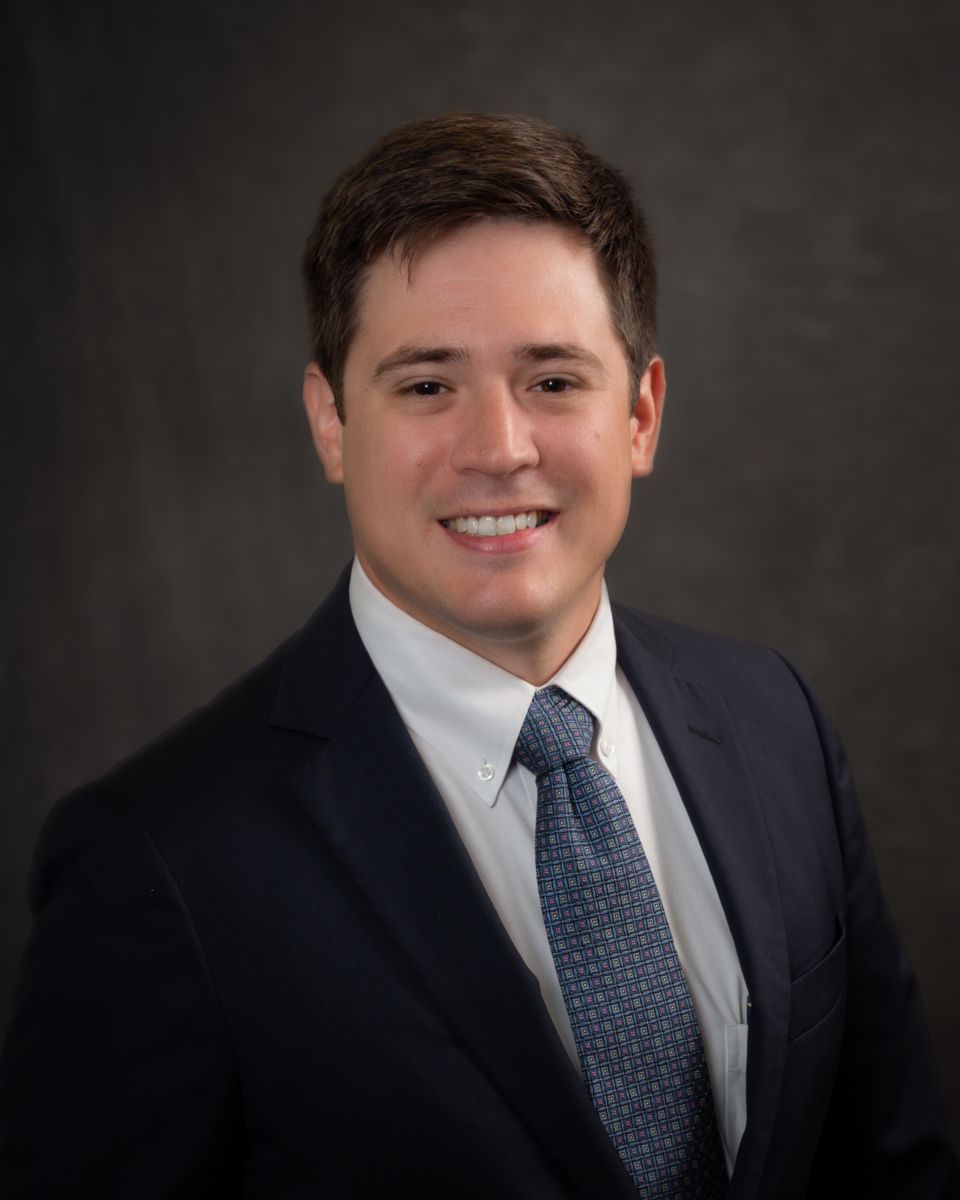
Alex C. Smith, JD
Secretary
Jones County
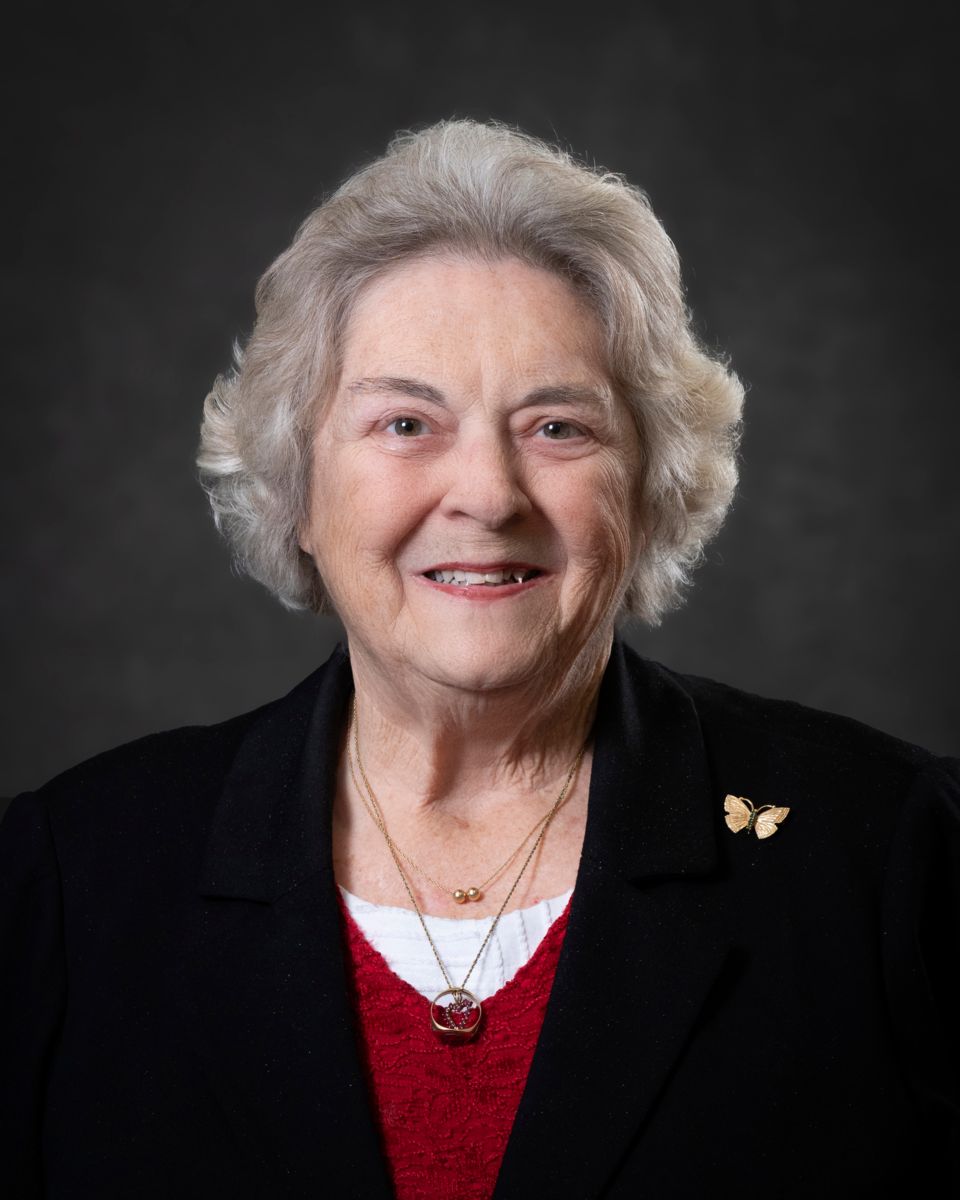
Dr. Priscilla G. Doster
Monroe County

Commissioner Lonnie Ford
Twiggs County
.jpg)
Erin Keller
Macon-Bibb County
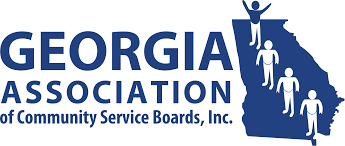
Community Service Boards-a critical part of Georgia’s healthcare system
Community Service Boards (CSBs) are a critical component of Georgia’s healthcare system because they provide services to people who otherwise would not be able to receive treatment for behavioral health needs – mental illness, substance use disorders and intellectual/developmental disabilities. CSBs were codified in Georgia law (O.C.G.A 37-2-6) and created in 1994 specifically to serve people who have limited income, who are uninsured or underinsured, or who have Medicaid. People who receive services from CSBs face complex life challenges which can impact their treatment and recovery; CSBs help them navigate these challenges with compassion and hope.
There are 22 CSBs in Georgia that serve all 159 counties; most CSBs serve multiple counties and are the only local behavioral health provider. No matter which Georgia county an individual may live in, there is a CSB that serves the county and is available to help. Collectively, Georgia CSBs form the state’s behavioral health safety net, ensuring that behavioral health services are available to anyone regardless of ability to pay.
CSBs in Georgia provide a comprehensive continuum of behavioral health services – from intensive crisis stabilization and acute detoxification to less-intensive outpatient counseling and peer support services. CSBs also provide residential substance use treatment, community-based services, supported employment, day programs, supportive housing and much more. In short, CSB services help move individuals with behavioral health disorders through a continuum of services to meet their changing needs, to achieve recovery and live independently in the community. CSB services cost much less than those of private sector providers and are a good value for public funders and payors.
Georgia CSBs are governed by an array of professional and regulatory standards. CSBs employ a variety of licensed, certified, and credentialed staff statewide, including board-certified psychiatrists, licensed counselors, registered nurses, licensed nurse practitioners, certified addiction counselors, certified peers, and direct support professionals. In addition, CSBs must meet contract and reimbursement standards for the Department of Behavioral Health and Developmental Disabilities (DBHDD), the Centers for Medicare and Medicaid Services (CMS), as well as the requirements of federal agencies from which they may receive grant funding (for example, the Substance Abuse and Mental Health Services Administration, SAMHSA).
CSBs in Georgia are accredited by the Commission on Accreditation of Rehabilitation Facilities (CARF) International, which has 2,800 standards covering all aspects of the organization – not only standards for clinical services, but also organizational leadership, financial operations, record keeping and privacy standards, among others. To assure local accountability, each CSB is overseen by a governing board with volunteer representatives from each county it serves, appointed by the respective county Board of Commissioners.
CSBs are vital community partners and local behavioral health authorities. CSBs partner with local organizations of all types to provide services to meet the unique needs of various populations. Some examples of those partnerships are local schools, justice systems, other recovery providers and social service agencies, law enforcement, veteran service organizations, and hospitals. CSBs provide community-based primary behavioral healthcare, helping to prevent more serious illness and potential consequences. By linking with local partner organizations, a robust network of local CSBs help individuals, families, local communities, and the state of Georgia save money and resources by:
- Reducing criminal justice system involvement and incarceration for youth and adults with behavioral challenges.
- Reducing homelessness, housing insecurity and food insecurity.
- Reducing the burden of untreated mental illness and substance use disorders on employers, hospital emergency departments, families, schools, and communities.
- Reducing preventable death from suicide, overdose and chronic physical diseases associated with behavioral health disorders.
By ensuring primary behavioral health services are available to anyone – especially those who have no other options for treatment – Community Service Boards benefit everyone.
For more information, please contact your local CSB, River Edge Behavioral Health.
Interim CEO, Cass Hatcher can be reached at chatcher@river-edge.org.